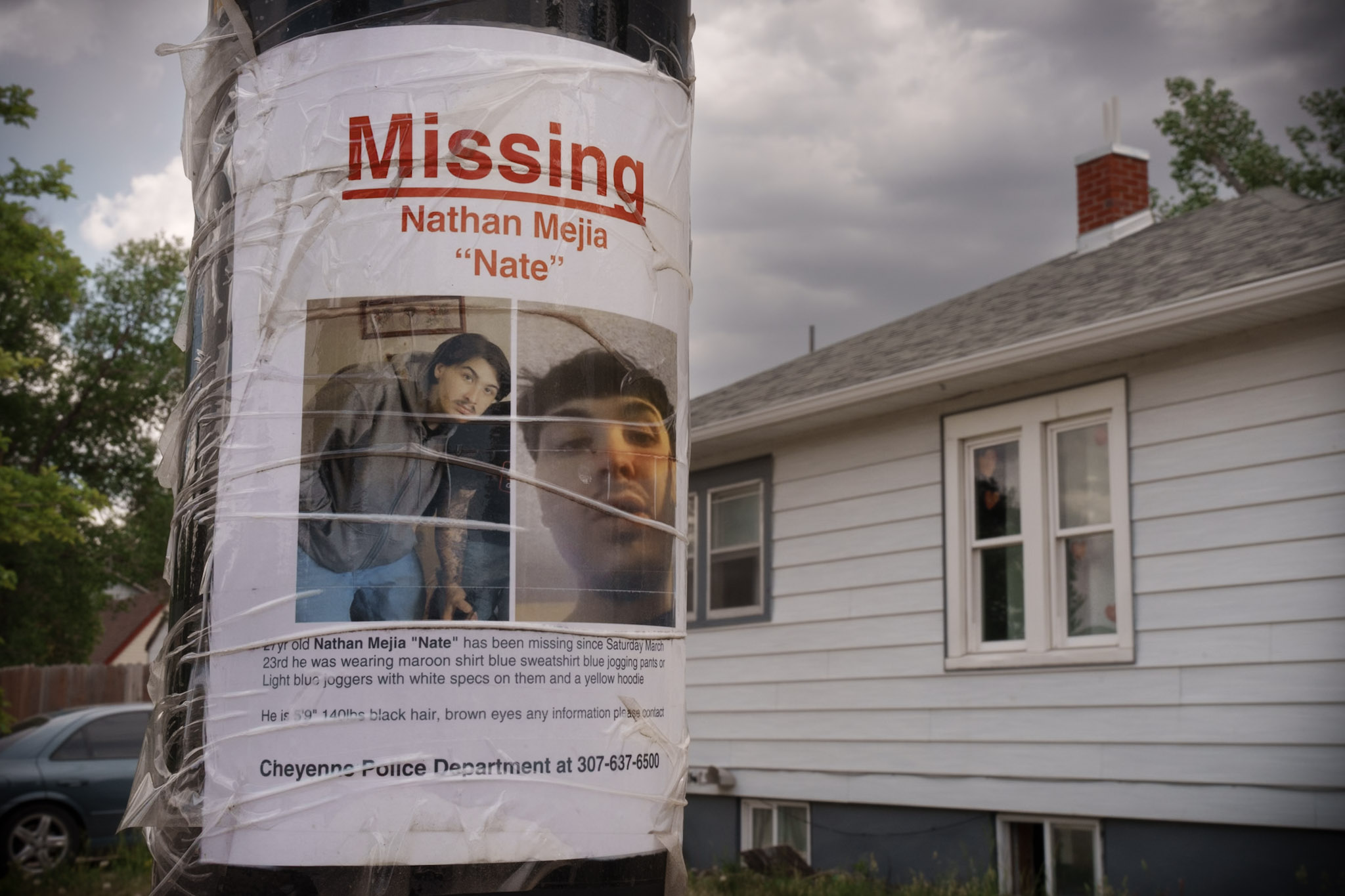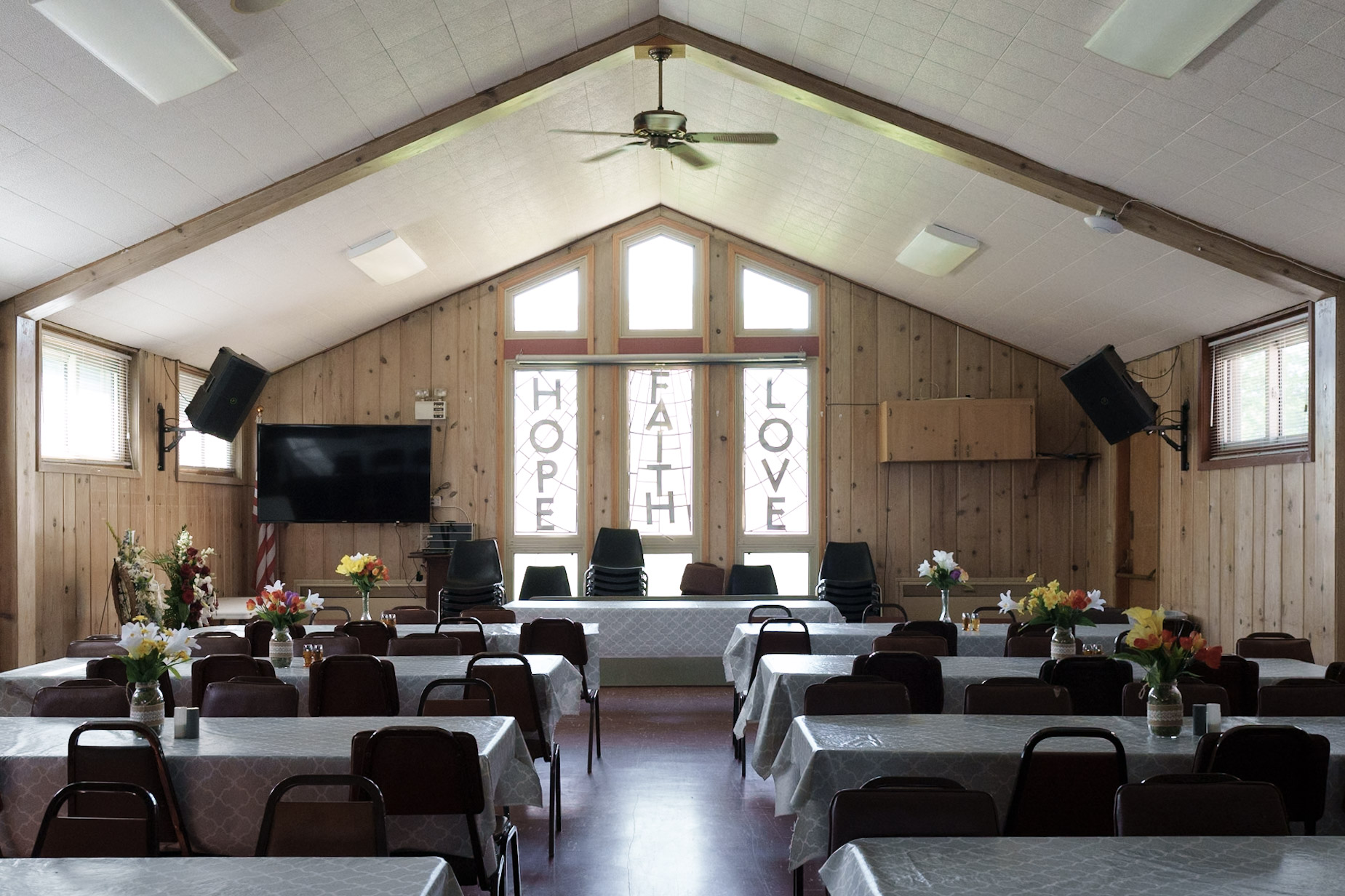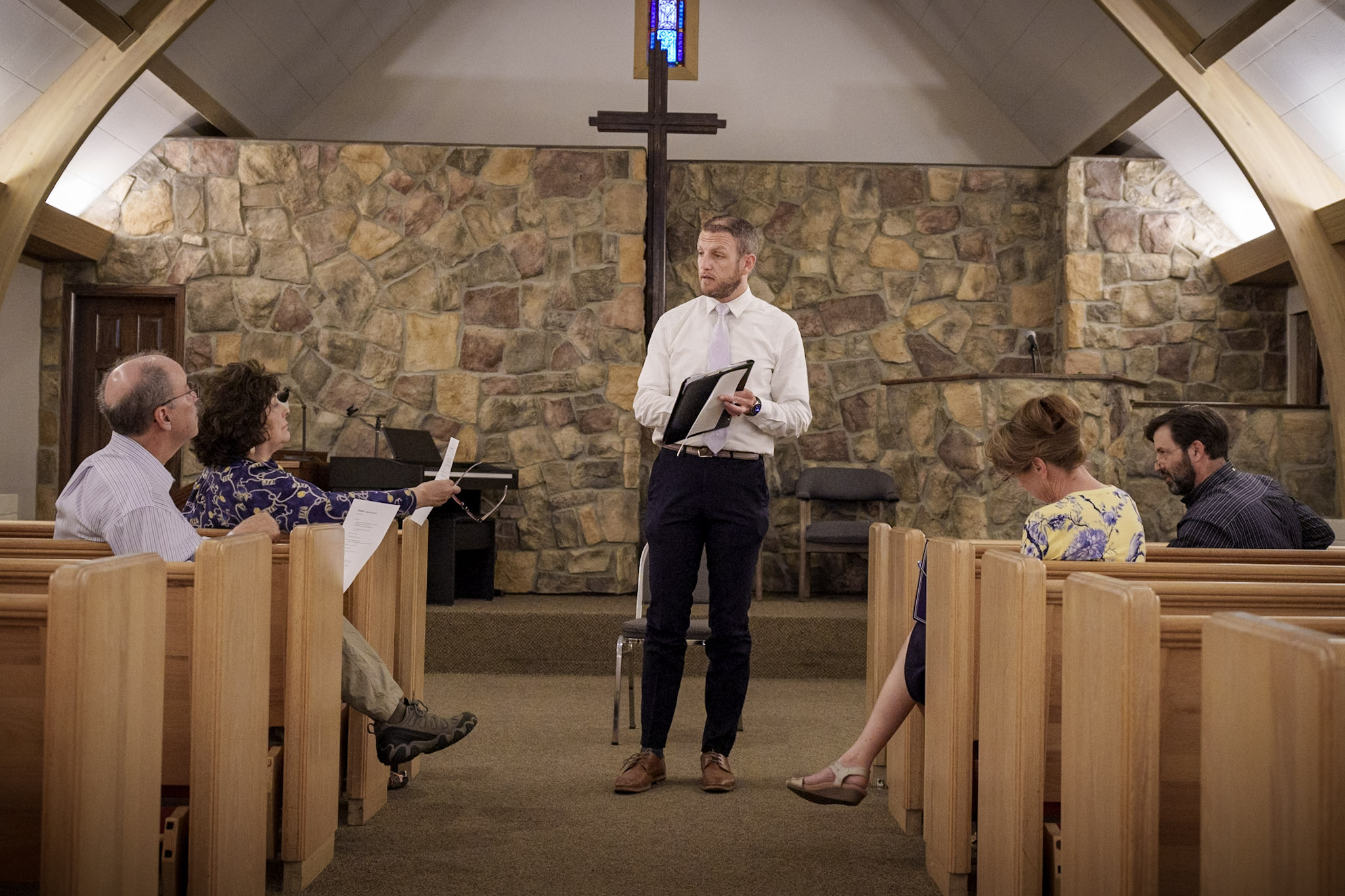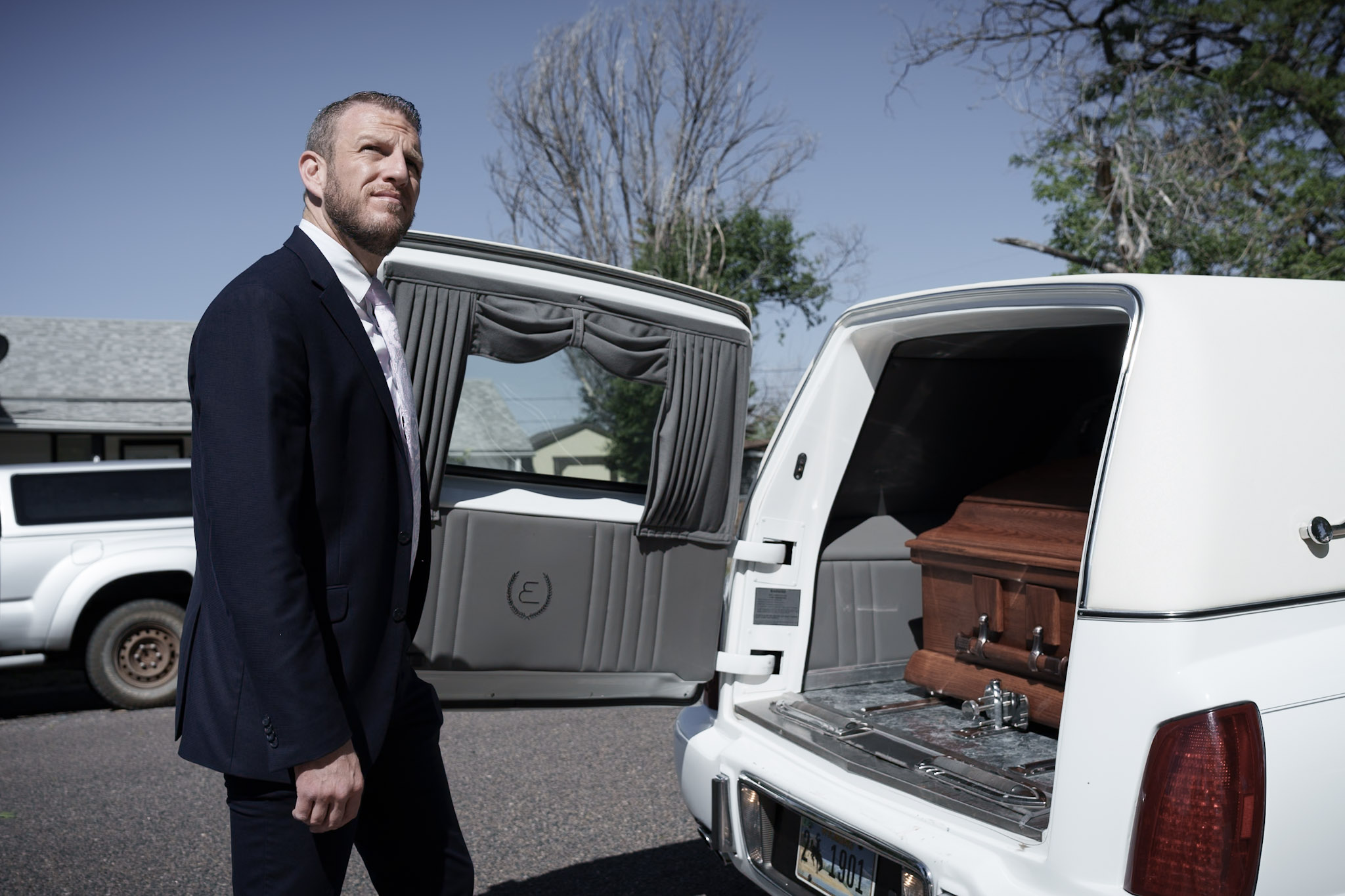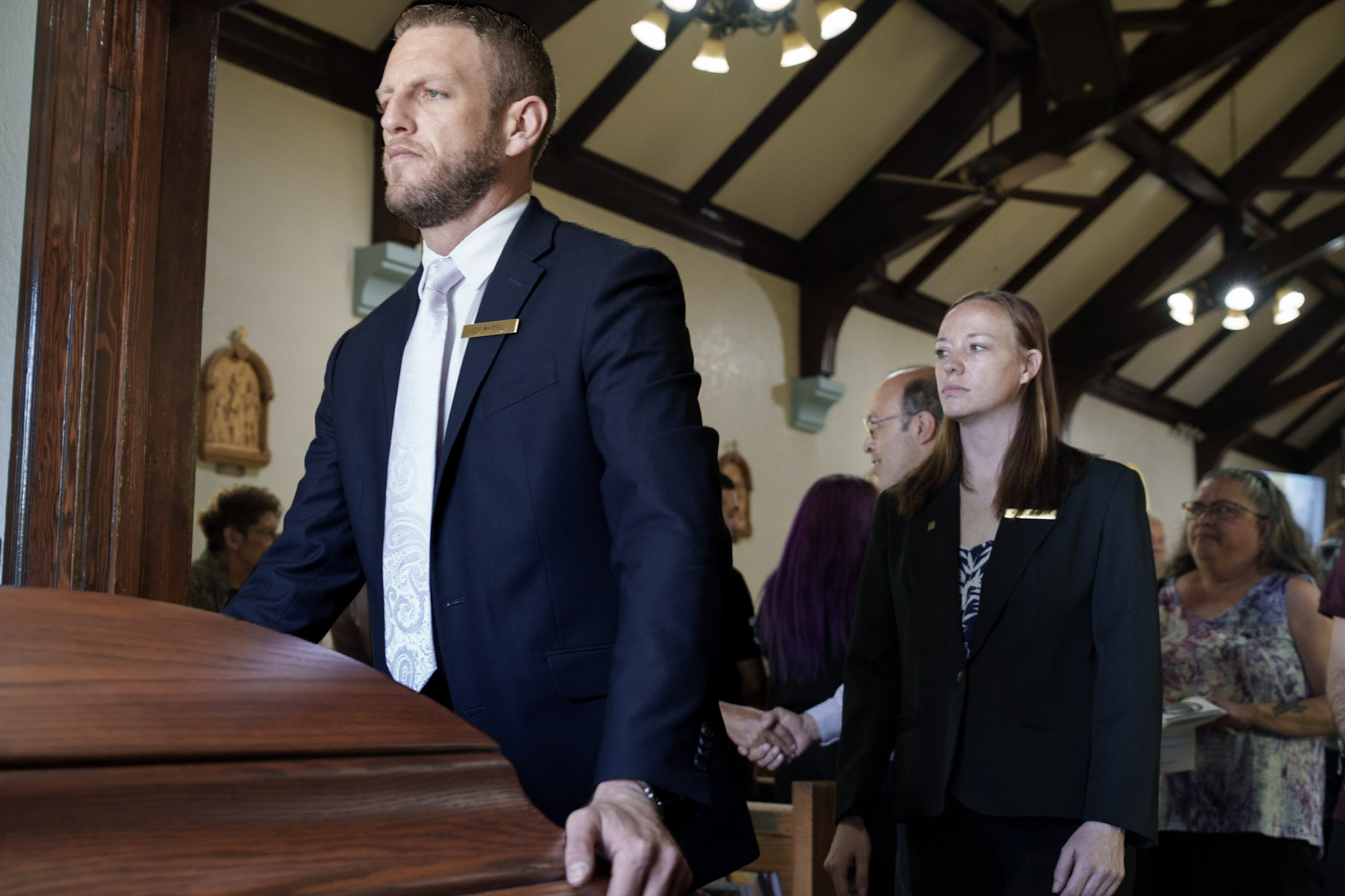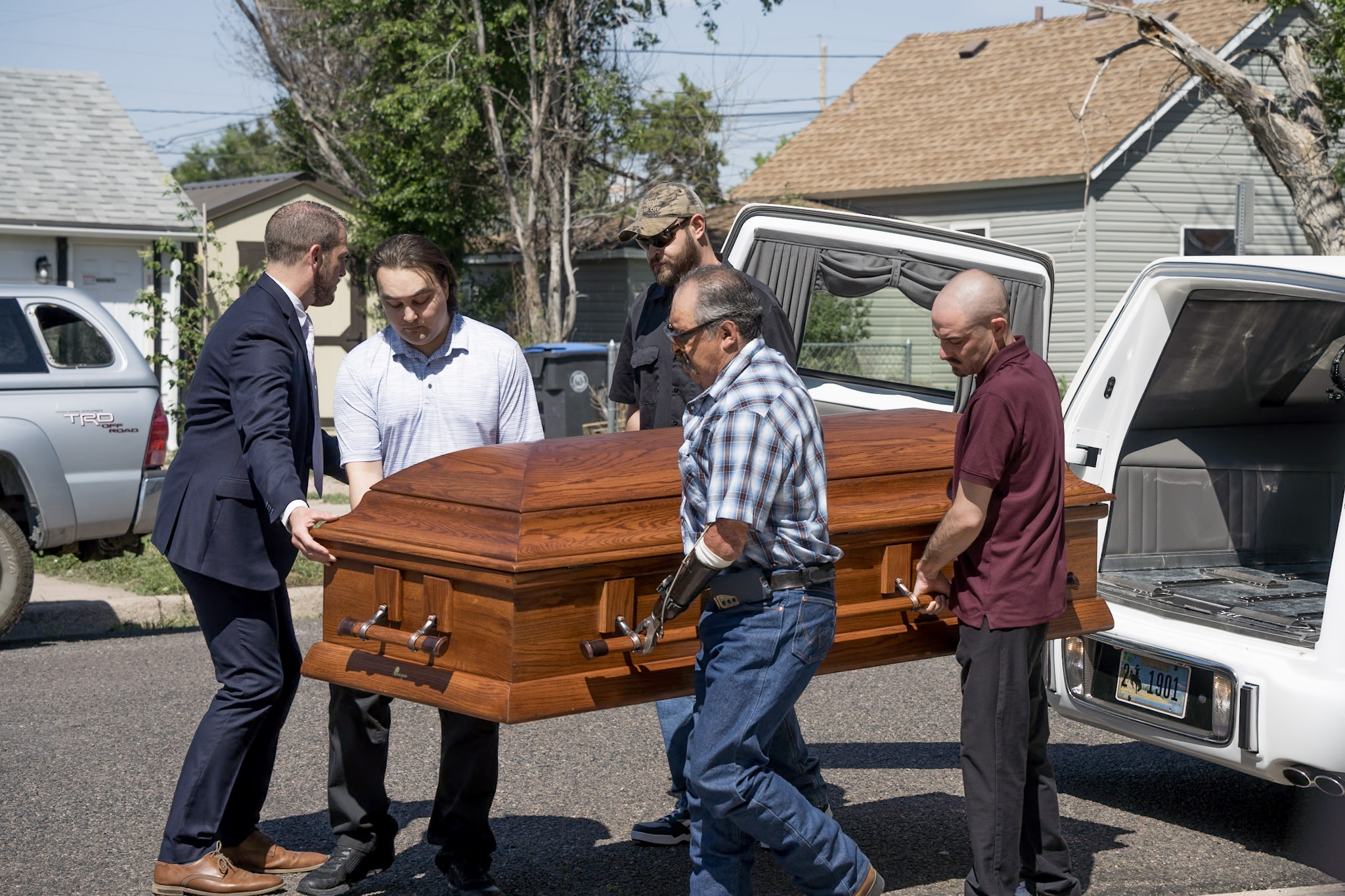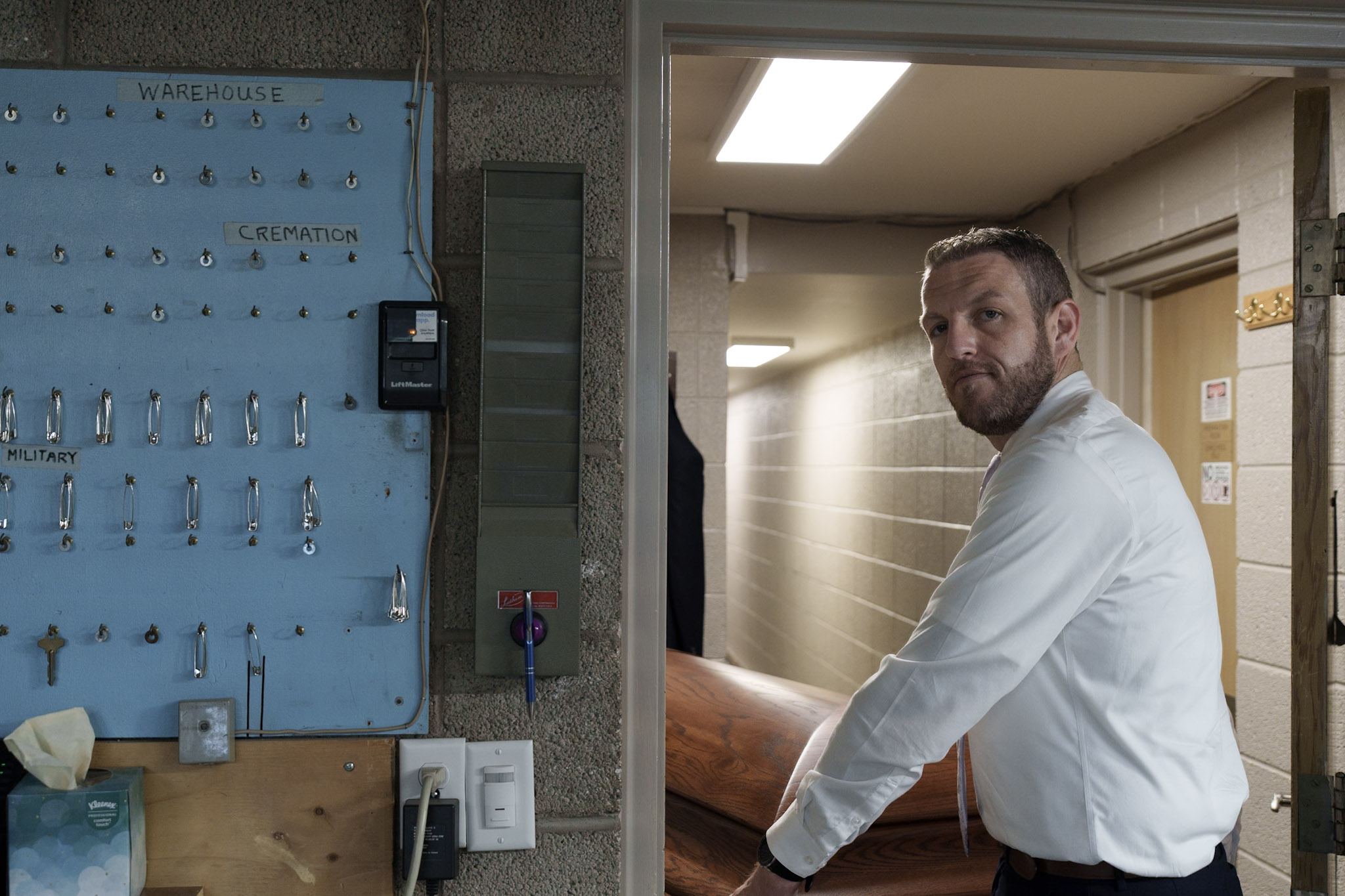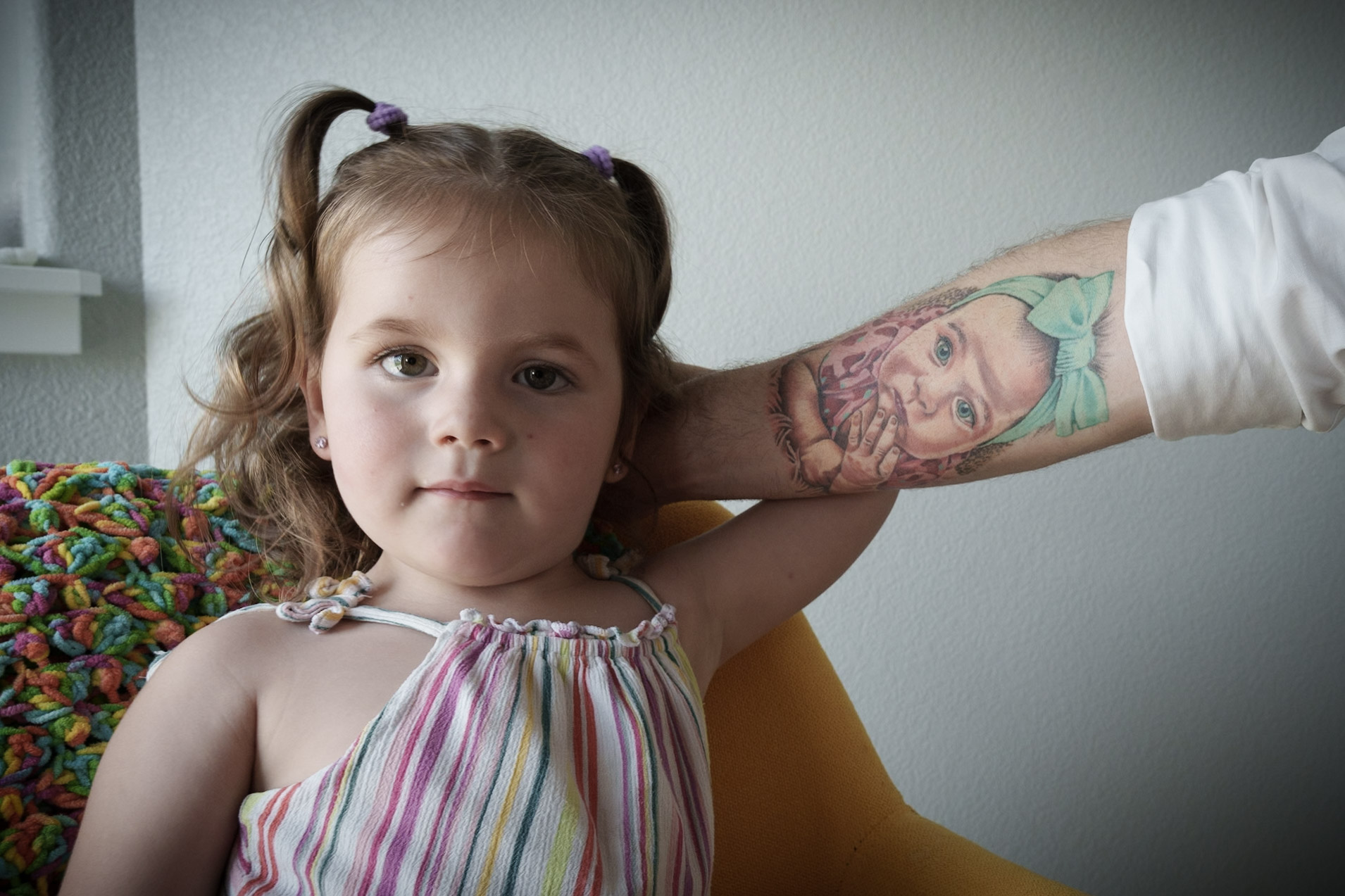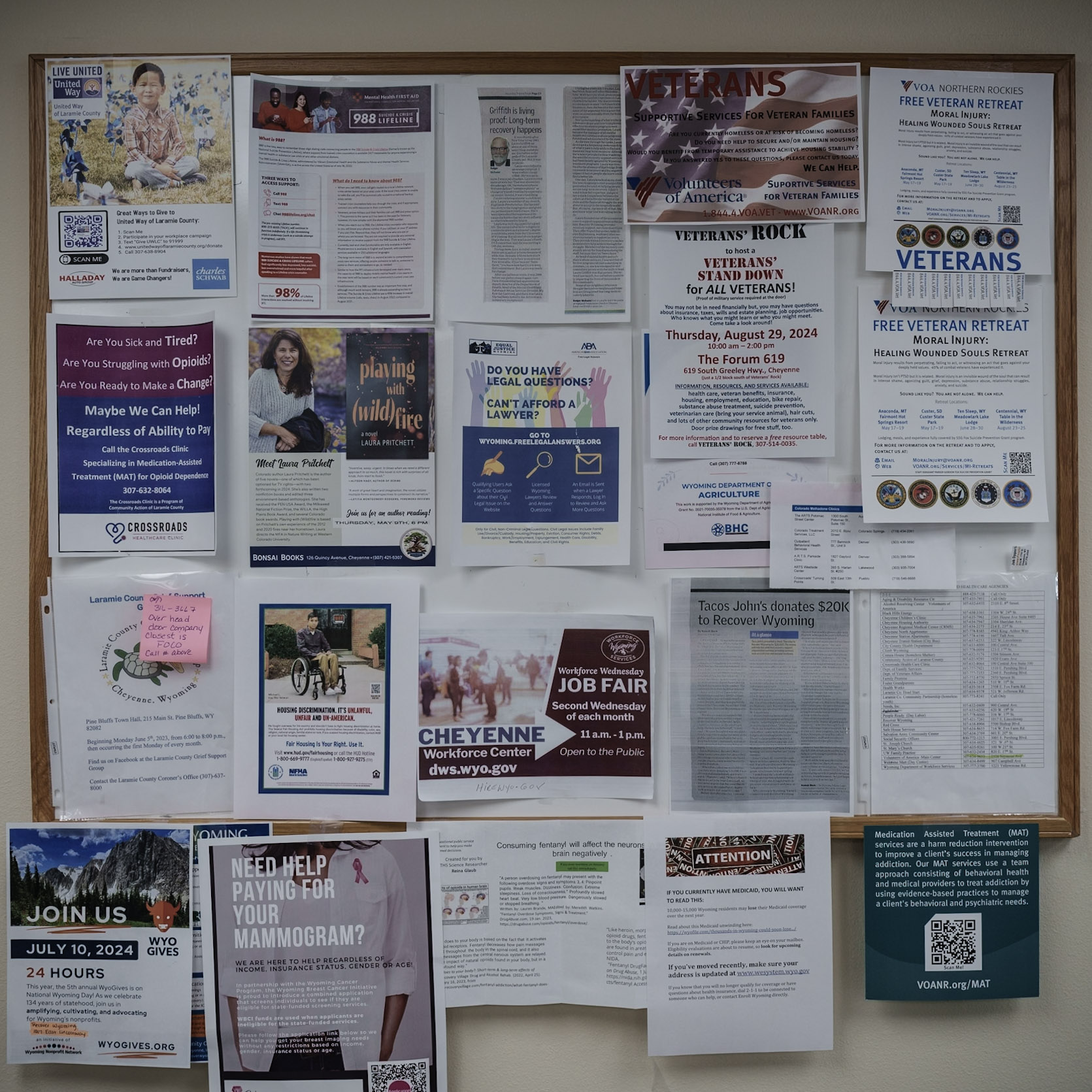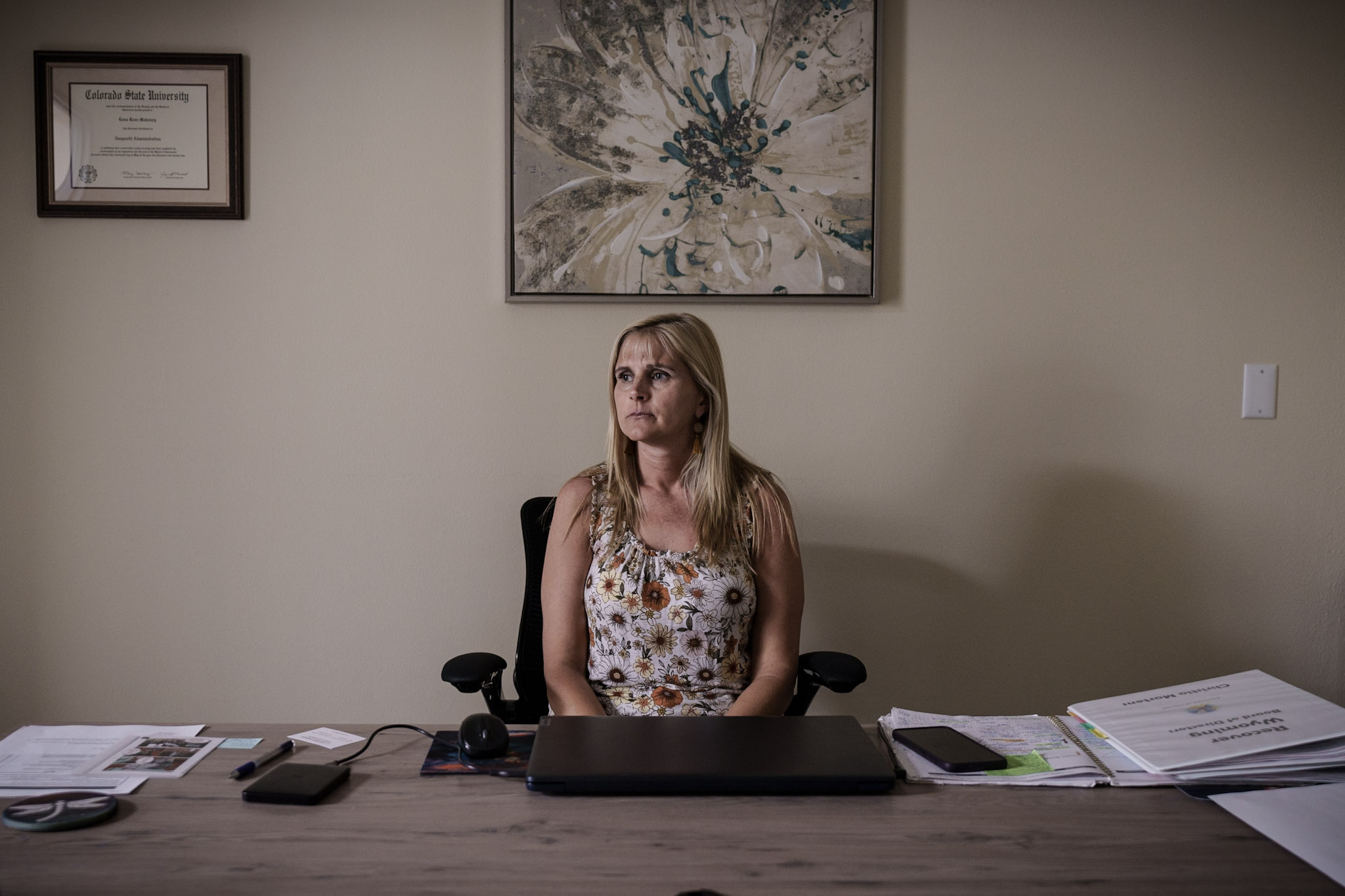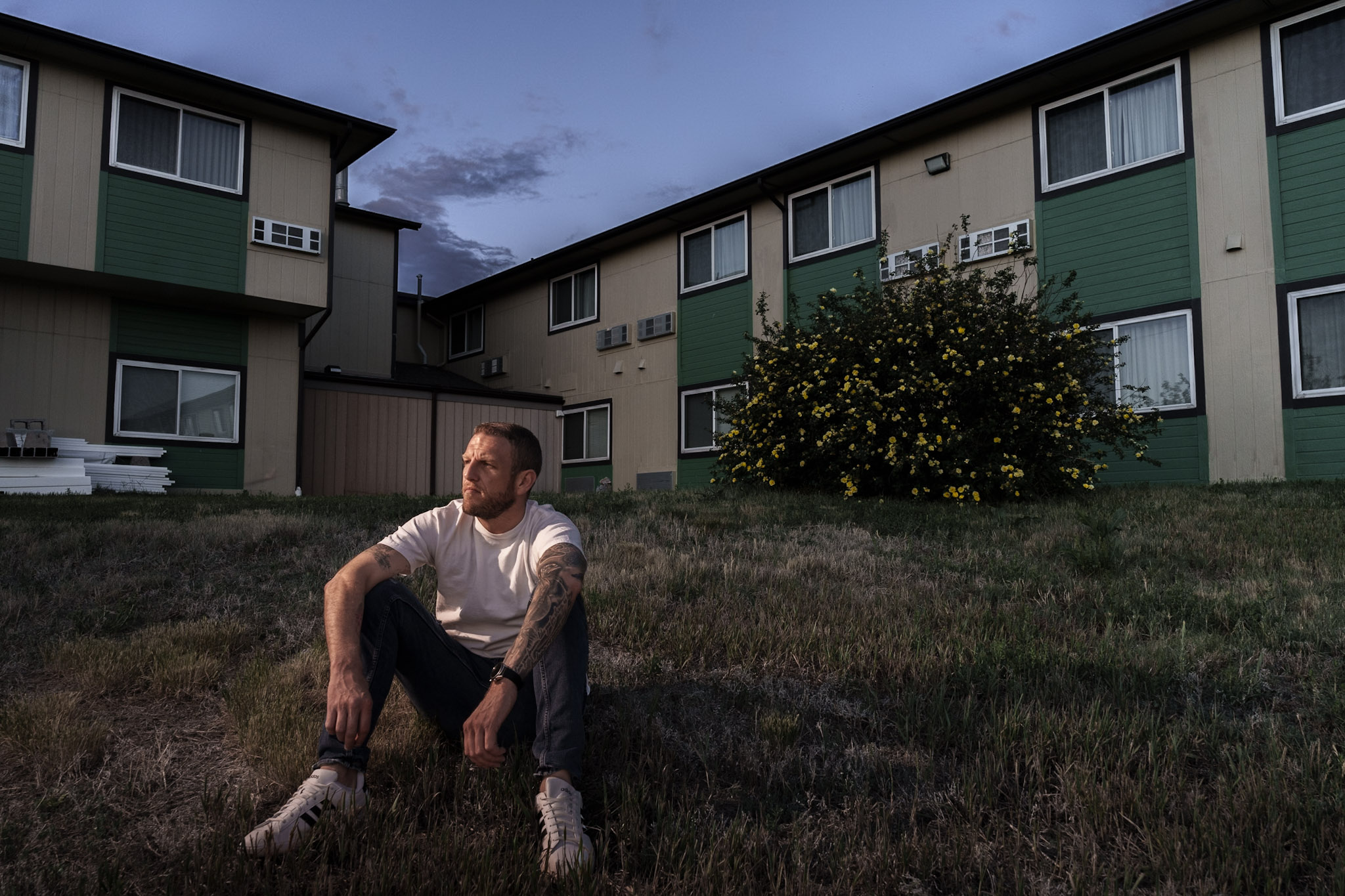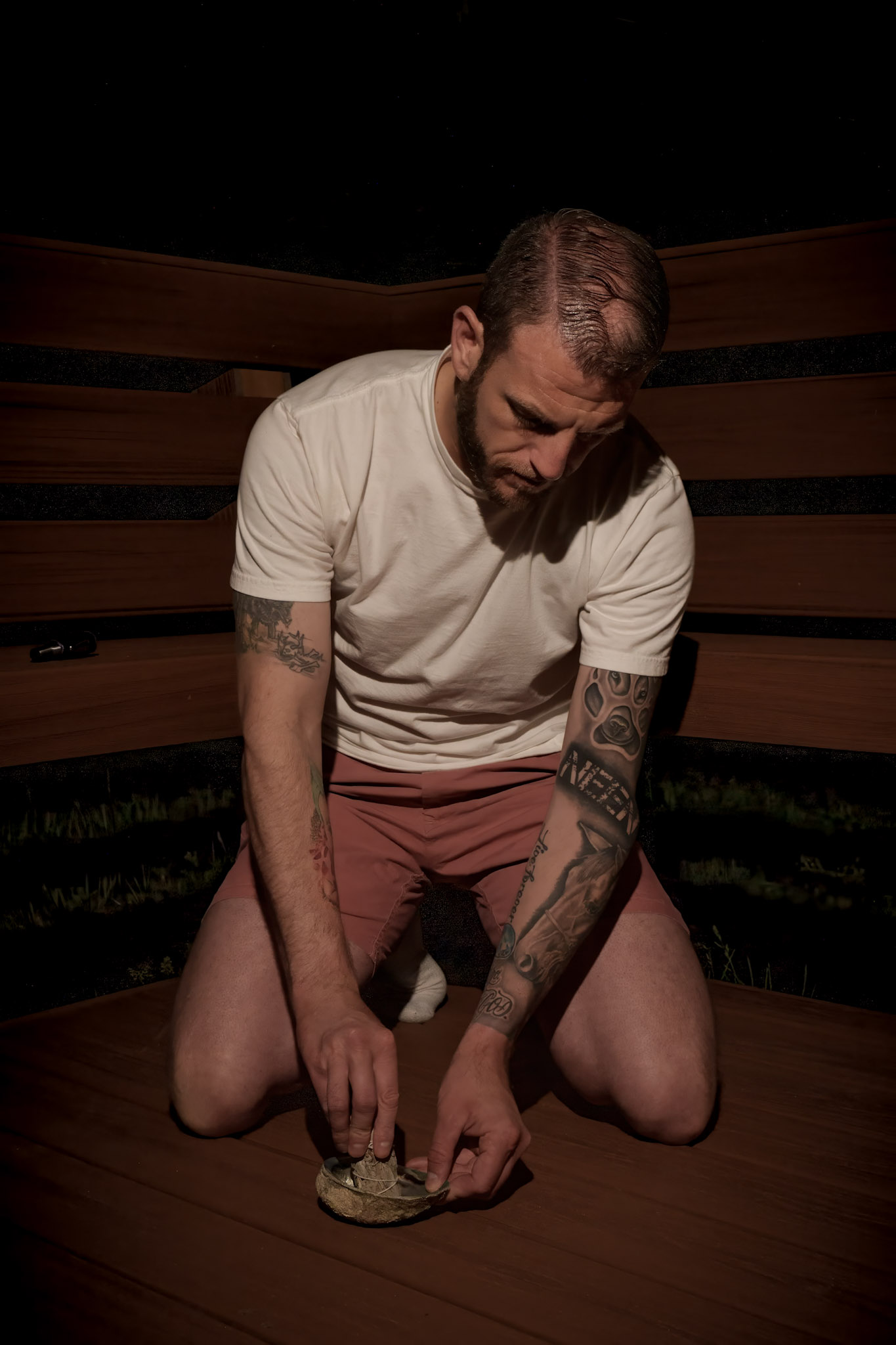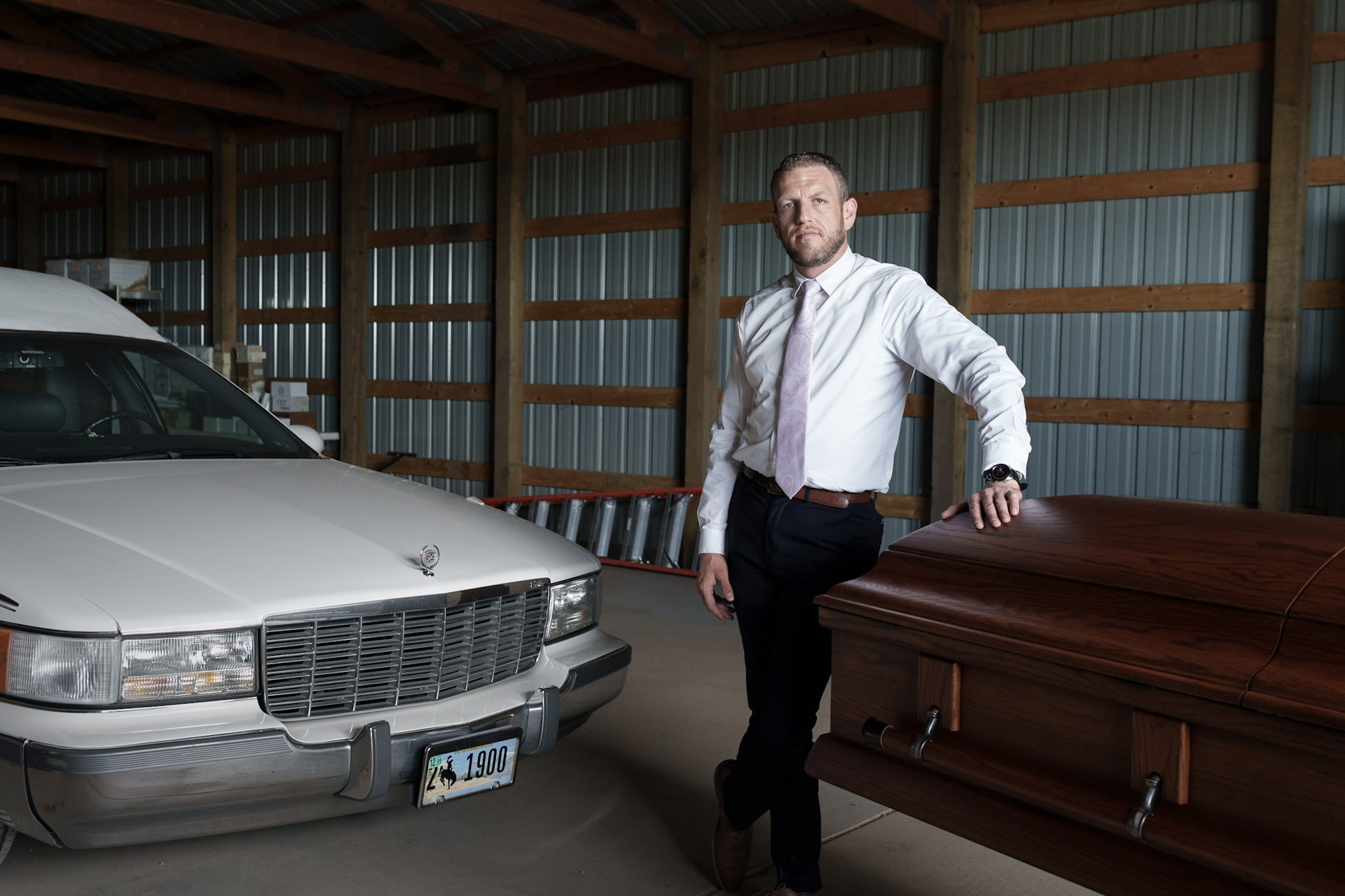Levi Wardell
Levi Wardell has an unusual window on opioid grief. A recovering heroin addict, Wardell works as a funeral director in Cheyenne, Wyoming. In 2022, 124 people across the state died in drug-related deaths. In a small place like Cheyenne, Wardell and his colleagues often feel like they’re burying someone once a week.
Wardell has seen how stigma and guilt complicate the grieving process for families who lose someone to opioids. “It makes it harder because, a lot of times, people don’t want to share” that their loved one died of an overdose, he says. “They bottle it up more. It’s like they can’t actively talk about it.”
Grief from the loss of loved ones to overdose is an “overlooked emergency” in public health, according to the RAND Corporation. Earlier this year, the nonpartisan think tank attempted to measure the impact of deaths from overdose on loved ones left behind. Based on a nationwide survey, researchers estimated that one in eight Americans—around 40 million people—have had their lives disrupted by losing someone to overdose. There is otherwise little research on how this grief affects survivors, but so far data suggests that they maybe at higher risk of suicidal ideation and other mental health problems, including their own problems with substance use.
I spent some time photographing Wardell in June 2024. A portion of this photo essay was published by Harvard Public Health magazine.

